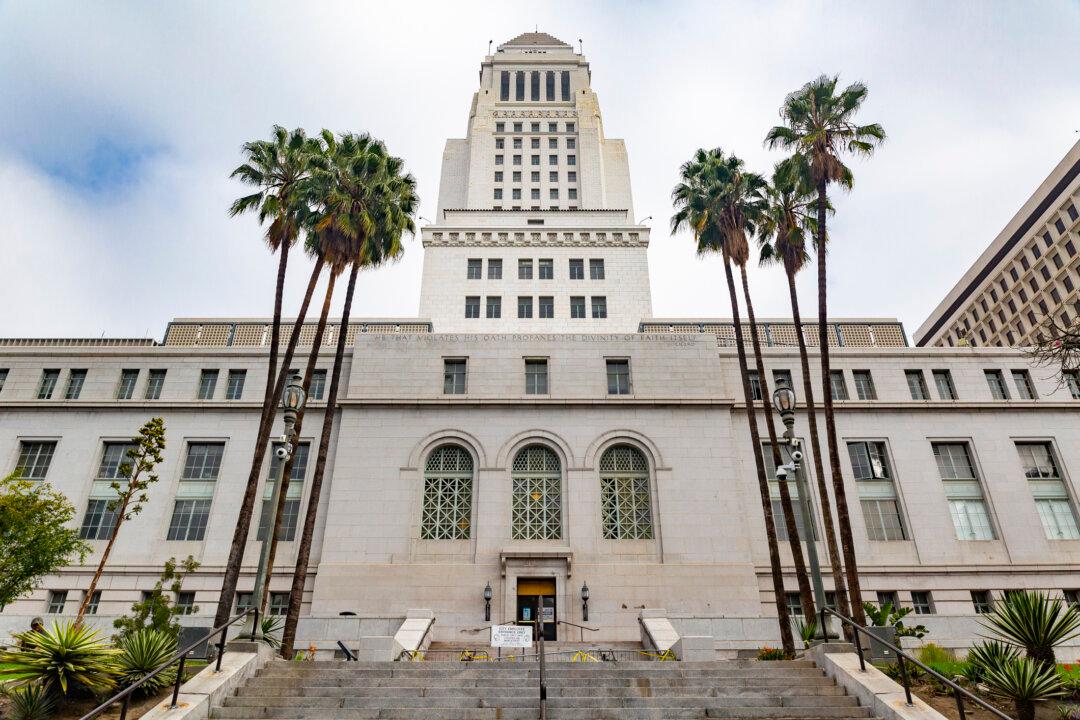Many Orange County mayors remain unhappy with their share of federal relief money following a recent vote by the Board of Supervisors.
On May 26, a divided Board voted 3-2 to evenly split $75 million of the total $554 million the county received through the Coronavirus Aid, Relief, and Economic Security (CARES) Act. Each district will be given $15 million, and each supervisor has the sole discretion to decide how the funds will be used.





